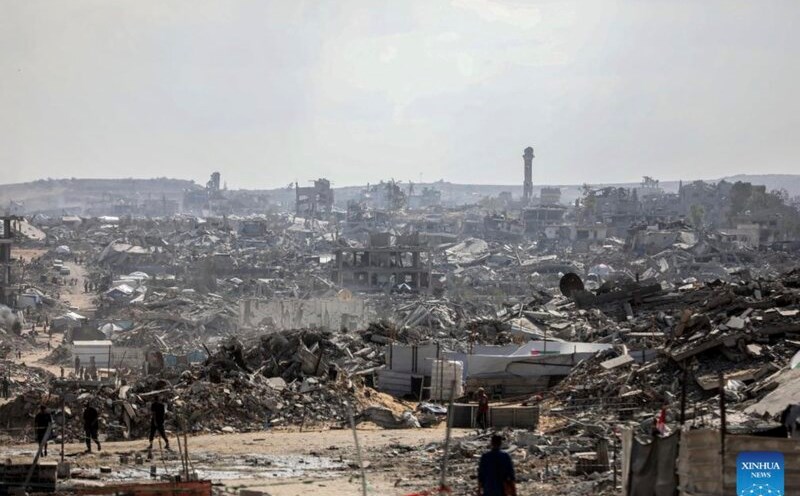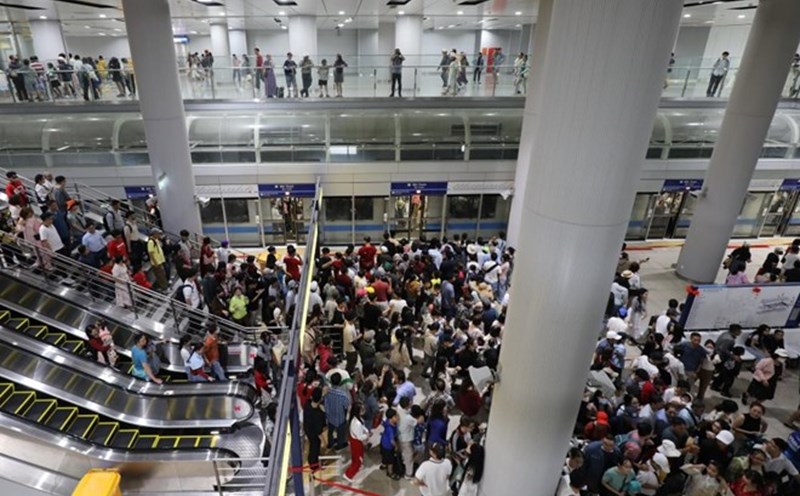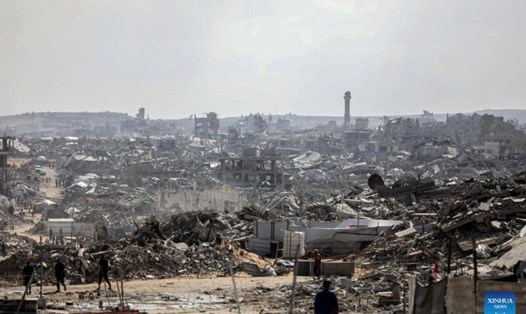On October 28 (local time), the Israeli army launched airstrikes across the Gaza Strip in retaliation after accusing Hamas gunmen of attacking an Israeli soldier. This is a new challenge for the US-backed ceasefire.
The Gaza Ministry of Health said the airstrikes killed at least 70 people, including attacks on houses in Bureij and Sabra.
The Israeli Prime Minister's Office said Benjamin Netanyahu had ordered "heavy attacks". The Israeli military confirmed that the soldiers were killed while stationed near the deployment boundary under the ceasefire agreement, and accused Hamas of violating the agreement by launching an attack on Israeli forces.
Donald Trump insists the US-mediated ceasefire is "not threatened" and says Israel has the right to respond when its soldiers are attacked. He raised the possibility of soldiers being surveyed and said Israel's response was justified, warning of the consequences for groups that do not comply with the agreement.
Hamas denied responsibility for the Rafah attack and said it was still committed to a ceasefire. Turkey has condemned Israeli airstrikes and called on countries to force Israel to comply with the deal, while Israel has denied ethnic crimes and is facing a lawsuit at the International Court.
The tense situation has prompted many families to flee the area, raising doubts about the sustainability of the ceasefire, which came into effect on October 10, which temporarily ended two years of fighting that stemmed from Hamas' attack on Israel on October 7, 2023.











